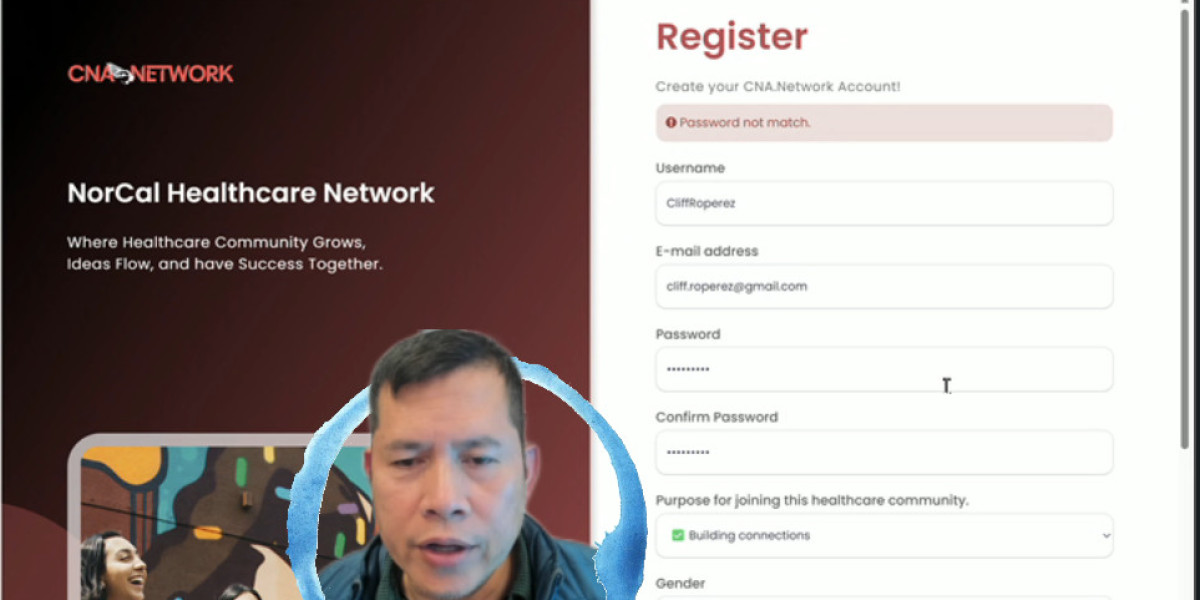Mental Health Assessment in Healthcare: A Comprehensive Overview
Mental health is a vital component of overall well-being, and its assessment is crucial in healthcare to enhance patient outcomes, guide treatment preparation, and facilitate early interventions. Mental health assessments incorporate a range of techniques and tools developed to evaluate psychological functioning, determine mental illness, and identify the requirement for further intervention or treatment. This article checks out the value of mental health assessments, the various approaches used, and their implications in the healthcare setting.
Importance of Mental Health Assessment
Mental health assessment is necessary for a number of factors:
- Early Detection: Recognizing Mental health Assessment in Healthcare health concerns early can avoid complications and enhance the diagnosis.
- Treatment Planning: Comprehensive assessments offer insights that guide treatment choices, guaranteeing that interventions are customized to specific requirements.
- Monitoring Progress: Regular assessments permit healthcare specialists to track a patient's development with time, changing treatment as necessary.
- Holistic Care: Assessing mental health adds to a more holistic technique to healthcare, integrating psychological, physical, and social elements of health.
- Minimizing Stigma: Open conversations about mental health can decrease stigma and motivate people to seek aid when required.
Approaches of Mental Health Assessment
Mental health assessments typically integrate various techniques to gather essential information. Here are the most typical approaches employed:
Clinical Interviews
Clinical interviews include direct conversations between a doctor and the patient. These conversations can be structured, semi-structured, or unstructured.
- Structured Interviews: Follow a specific set of questions, enabling for consistent information collection.
- Semi-structured Interviews: Blend open-ended questions with closed ones, enabling versatility while still covering essential subjects.
- Unstructured Interviews: Rely on open discussion to check out the patient's feelings and perceptions in depth.
Questionnaires and Self-Report Inventories
These tools allow patients to report their sensations, thoughts, and habits quantitatively. Several standardized instruments are widely used, including:
- Beck Depression Inventory (BDI): Assesses the seriousness of depression.
- Generalized Anxiety Disorder 7-item scale (GAD-7): Measures anxiety symptom seriousness.
- Patient Health Questionnaire-9 (PHQ-9): Screening tool for depression.
Observational Assessments
In this method, the mental health expert observes the patient's behavior in various settings. This can consist of:
- Direct Observation: Noting modifications in mood, engagement, and social interactions.
- Behavioral Checklists: Using checklists to talk about specific habits in time.
Psychological Testing
Psychological tests can provide unbiased measurements of mental health status. Common kinds of tests consist of:

| Type of Test | Description |
|---|---|
| Projective Tests | Evaluate the patient's emotions and personality through uncertain stimuli (e.g., Rorschach inkblots). |
| Cognitive Tests | Evaluate cognitive function and intelligence (e.g., WAIS). |
| Neuropsychological Assessments | Identify cognitive functions related to various brain functions (e.g., memory, attention). |
Neuroimaging and Biological Assessments
Developments in technology enable more advanced assessments. Neuroimaging methods, such as MRI and CT scans, can recognize structural distinctions in the brain that might relate to mental health problem. Furthermore, biological assessments may include blood tests to identify hormonal imbalances or metabolic problems impacting mental health.
Ramifications in Healthcare
The implications of efficient mental health assessments are profound. They not just guide treatment but likewise improve patient care quality across numerous healthcare settings.
Enhanced Clinical Outcomes
Incorporating mental health assessments into regular healthcare can cause improved clinical outcomes such as:
- Reduced Symptoms: Tailored interventions based upon assessment findings can cause decreased seriousness of symptoms.
- Increased Patient Satisfaction: Involvement in decision-making promotes client engagement and complete satisfaction with care.
Multidisciplinary Collaborations
Mental health assessments encourage collaboration amongst healthcare suppliers, consisting of primary care doctors, psychologists, and psychiatrists. This team effort enhances comprehensive patient care, promoting much better communication, more thorough assessments, and coordinated care plans.
Policy and Practice Development
Information stemmed from mental health assessments can inform healthcare policy adjustments, ensuring resources are directed where they are most required. They can also enhance practices by determining trends that require attention in mental health care delivery.
Regularly Asked Questions (FAQs)
What experts carry out mental health assessments?
Mental health assessments can be performed by different experts, including psychiatrists, psychologists, social employees, and experienced nurses.
How typically should mental health assessments be performed?
Frequency depends upon individual patient requirements, but routine assessments can be beneficial, particularly during diagnosis, treatment changes, or in crisis situations.
Are mental health assessments confidential?
Yes, mental health assessments are generally confidential. However, there may be exceptions in cases of threat to self or others.
What should patients anticipate during a mental health assessment?
Patients can anticipate to be asked a range of questions regarding their mental and psychological state, medical history, and social scenarios. They may also finish questionnaires or stocks.

How can I get ready for a mental health assessment?
Preparing for a mental health assessment includes being sincere and open about feelings and experiences. It might also help to believe about particular questions or issues to talk about with the assessor.
Mental health assessment plays a vital role in today's healthcare systems, affecting not only individual client care but likewise wider health outcomes. Through integrating numerous approaches-- ranging from clinical interviews to standardized questionnaires-- mental health assessments make every effort to comprehend and resolve the intricate interaction of psychological well-being. With continued emphasis on these assessments, healthcare systems can improve their capability for offering informed, holistic care to those in requirement. As awareness grows and preconception diminishes, mental health assessments will continue to be a basic component of comprehensive healthcare.







